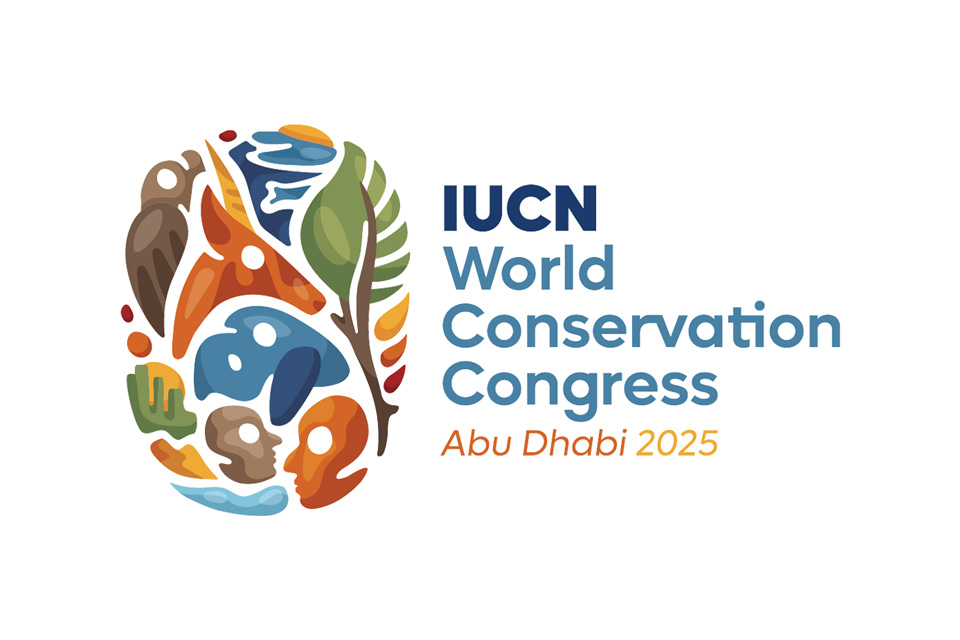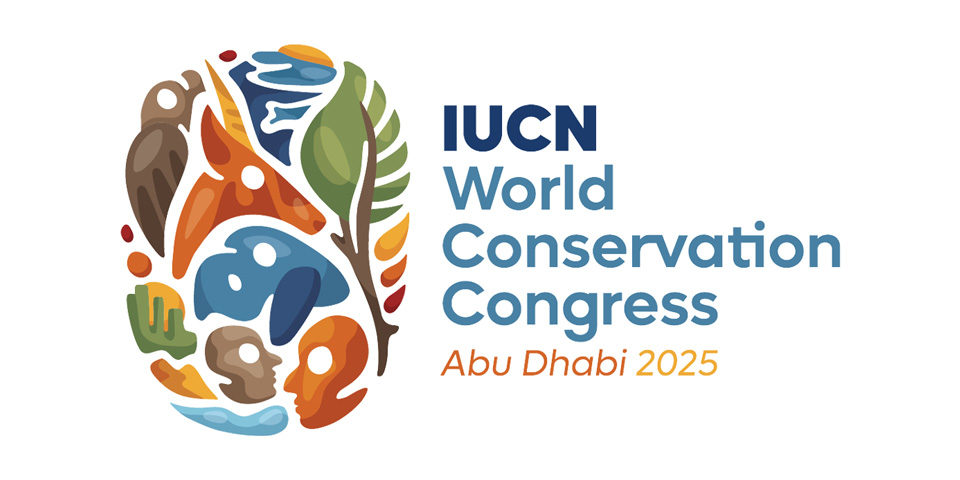Armed conflicts and insecurity harm ecosystems and create and sustain the economic, social and governance systems that drive biodiversity loss and impair conservation activities.

This month, representatives from many of the IUCN’s 1,400-strong membership will be in Abu Dhabi for the World Conservation Congress. In this post Doug Weir previews what we can expect on nature, peace and security, and introduces the themes and initiatives that we and partners have been working on.
Conservation, conflict and Congress
The International Union for Conservation of Nature’s (IUCN) World Conservation Congress takes place every four years. This year’s Congress in Abu Dhabi begins on October 9th and takes place as conservationists struggle to reconcile the ambition of stemming global biodiversity loss with diminishing funding resources and geopolitical disruption. The Congress’s five themes are intended to power ‘transformative conservation’ but the global challenges set against nature are daunting.
CEOBS has a longstanding interest in monitoring and understanding how armed conflicts and insecurity interact with biodiversity; a recent project has developed guidance for remote damage assessments of Ukrainian Emerald Network sites. But we are mindful that many in the conservation movement have historically been reluctant to speak out – publicly at least – on the relationships between nature, peace and security. This position was never universally held and, in the last decade, an increasing number of organisations have explored the intersection between conservation and peacebuilding, and helped grow the concept of conflict-sensitive conservation.
There are more ongoing conflicts than at any point since World War II, and research shows not only that armed conflicts obstruct effective conservation measures, but that globally many biodiversity hotspots are particularly exposed to insecurity. This makes tools capable of delivering both nature protection, and entry points for peacebuilding, incredibly valuable. CEOBS will be present at the Congress, and in advance of it we have been collaborating with a wide range of conservation and peacebuilding partners on advocacy initiatives to promote conflict sensitive conservation. Some of this is through the ECCP Community of Practice, some through direct partnerships.
The IUCN is also increasingly addressing the intersection between the climate and nature crises and we will be collaborating with Brisbane’s Griffith University and the newly founded War on Climate advocacy group to draw attention to the relationship between conflicts, militarism, nature and climate. Amongst other things, this encompasses how the management of the estimated 1-6% of the world’s land surface allocated to military training areas can influence emissions and nature, as well as how the conduct of hostilities, and post-war recovery policies, affect carbon sinks such as tropical forests.
Actions in motion
Every Congress sees tens of motions tabled by IUCN members. Conflict-linked motions are a regular feature and this year we worked with WWF, Conservation International, the Zoological Society of London and experts from several of the IUCN’s Commissions to prepare a motion on conflict sensitive conservation. The IUCN’s membership comprises governments, Indigenous groups and NGOs and, where a reasonable degree of consensus can be reached in online negotiations prior to Congress, motions are moved to electronic vote. On 24th September we learned that the motion ‘Ensuring conflict-sensitive conservation and protection of the environment in fragile and conflict situations’ had been adopted, and in some style:
-
145 governments voted in favour, none against with 36 abstentions;
-
21 Indigenous groups voted in favour, none against and 3 abstentions;
-
668 NGOs in favour, 25 against and 118 abstentions.
The motion seeks to encourage progress on conflict sensitive conservation within the IUCN and its membership but also looks outwards too. One particular area of interest for CEOBS is the extent to which multi-lateral environmental agreements on biodiversity could be leveraged to provide additional and much-needed support for states affected by conflict. It’s an idea that we will continue to explore beyond Congress. The lack of opposition from governments is a positive sign in this regard.
CEOBS is also a co-sponsor on two other motions that have proved more contentious, and the motions on a fossil fuel treaty (motion 042), and on recognising the international crime of ecocide (motion 061) will be debated and voted on in-person during Congress.
Conflict sensitive conservation events at Congress
Much of Congress is devoted to learning sessions, and colleagues at the Peace Nexus foundation have been key players in promoting conflict sensitivity. They have a speedy learning session planned and will also launch a new free online training resource. Developed in collaboration with the IUCN Academy, it is aimed at ‘biodiversity conservation practitioners who work in conflict-affected countries, or who encounter disagreements around natural resource use and protection.’
Later during Congress, and together with the IUCN’s World Commission on Environmental Law and ZSL, we will co-host another dedicated conflict event for a lightning exchange of field experiences and policy ideas. Conflict sensitivity will also feature in a thematic session that CEOBS is also co-sponsoring; led by Armenian experts, the session will focus on youth and transboundary conservation in areas affected by conflicts.
Beyond the events dedicated to conflicts and conservation, it will be interesting to take the temperature on nature, peace and security during Congress. While there are many now working to advance this agenda, and to provide practical assistance to those working in these contexts, the global conservation movement faces a huge range of challenges. As with climate action, the links between geopolitical disruption, shifts in spending priorities, government engagement and nature protection are becoming difficult to avoid. And on climate action, CEOBS will be presenting ideas on militarism and nature protection during a Congress session on Integrated solutions for climate action on October 13th.
If you will be attending Congress and would like to engage on these topics, the ECCP is providing coordination for civil society; you’re welcome to also drop us a line to connect.
Doug Weir is CEOBS’ Director. If you find our outputs useful, please consider donating to help support CEOBS’ continued work.





